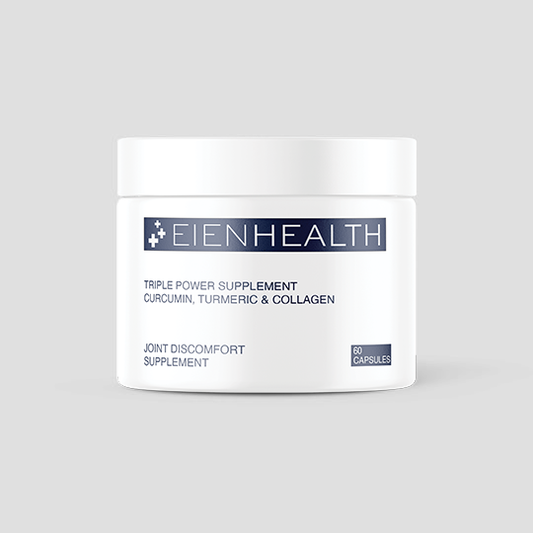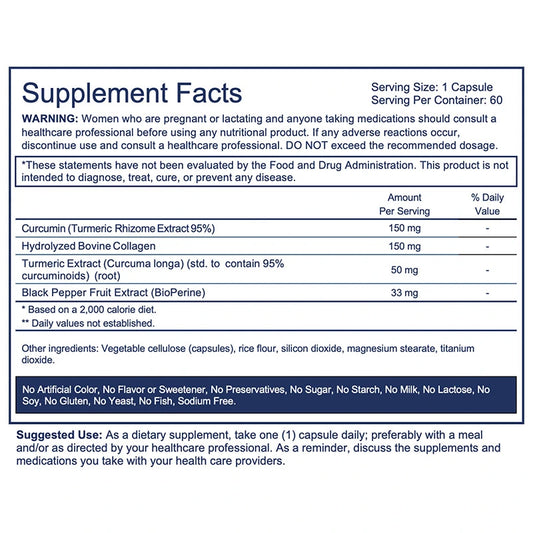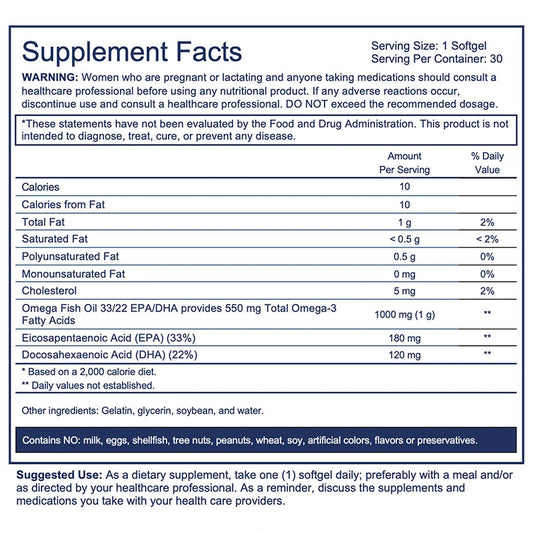Fish oil is one of the most common supplements on the market. It’s rich in omega-3 fatty acids, which offer numerous health benefits, involving better heart and brain health, a decreased risk of depression*, and even better skin health. Researchers have also suggested that fish oil omega-3s may help people lose weight more easily.
There are several types of omega-3 fats, but the most important ones can be categorized into two main groups:
- Essential omega-3 fatty acids: Alpha-linolenic acid (ALA) is the only essential omega-3 fatty acid. It is found in a wide range of plant foods. Walnuts, hemp seeds, chia seeds, flaxseeds, and their oils are the richest sources.
- Long-chain omega-3 fatty acids: The two most known are eicosapentaenoic acid (EPA) and docosahexaenoic acid (DHA). They are mainly found in fish oil and fatty fish, but also in seafood, algae, and algae oil.
Fish oil omega-3s may help people lose weight in several ways, the first of which involves reducing hunger and appetite. This outcome may be particularly useful for those who are following weight-loss diets, which can sometimes lead to increased feelings of hunger.
Fish Oil May Increase Metabolism
Another way fish oil omega-3s may help you lose weight is by increasing your metabolism. Your metabolism can be measured by your metabolic rate, which determines the number of calories you burn each day. The higher your metabolic rate, the more calories you burn, and the easier it is to lose weight and keep it off. Fish oil may increase the speed of your metabolism. A quicker metabolism can help you burn more calories each day and potentially lose more weight.
Fish Oil May Enhance the Effects of Exercise
The metabolic effects of fish oil may not be limited to simply increasing how many calories you burn each day. The study suggests that consuming fish oil may also magnify the number of calories and amount of fat you burn during exercise. It is recommended to take a fish oil supplement before exercising for ultimate results.
Fish Oil May Help You Lose Fat and Inches
Fish oil may help build muscle and lose body fat. When trying to lose weight, it is recommended to measure body fat and not weight on a scale simply because your weight on the scale can be misleading. It may remain the same even if you are gaining muscle and losing fat. People who want to lose weight are often encouraged to use a tape measure as well. Thus, fish oil may not help you lose weight intrinsically, but it may make it easier for you to lose inches and help you go down in clothing sizes.
Among the most recent studies that found that fish oil had a positive effect on weight or fat loss, daily dosages of 300–3,000 mg were used. If you take blood thinners, check with a healthcare professional before adding fish oil supplements to your diet. Nevertheless, studies have found these effects appear to be moderate, and they may not apply to everyone. Generally, fish oil omega-3s are likely to have the most beneficial effects when combined with lifestyle factors like proper nutrition and regular physical activity. A healthy diet and regular exercise are always recommended when taking a fish oil supplement.












